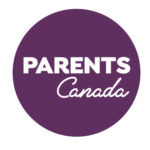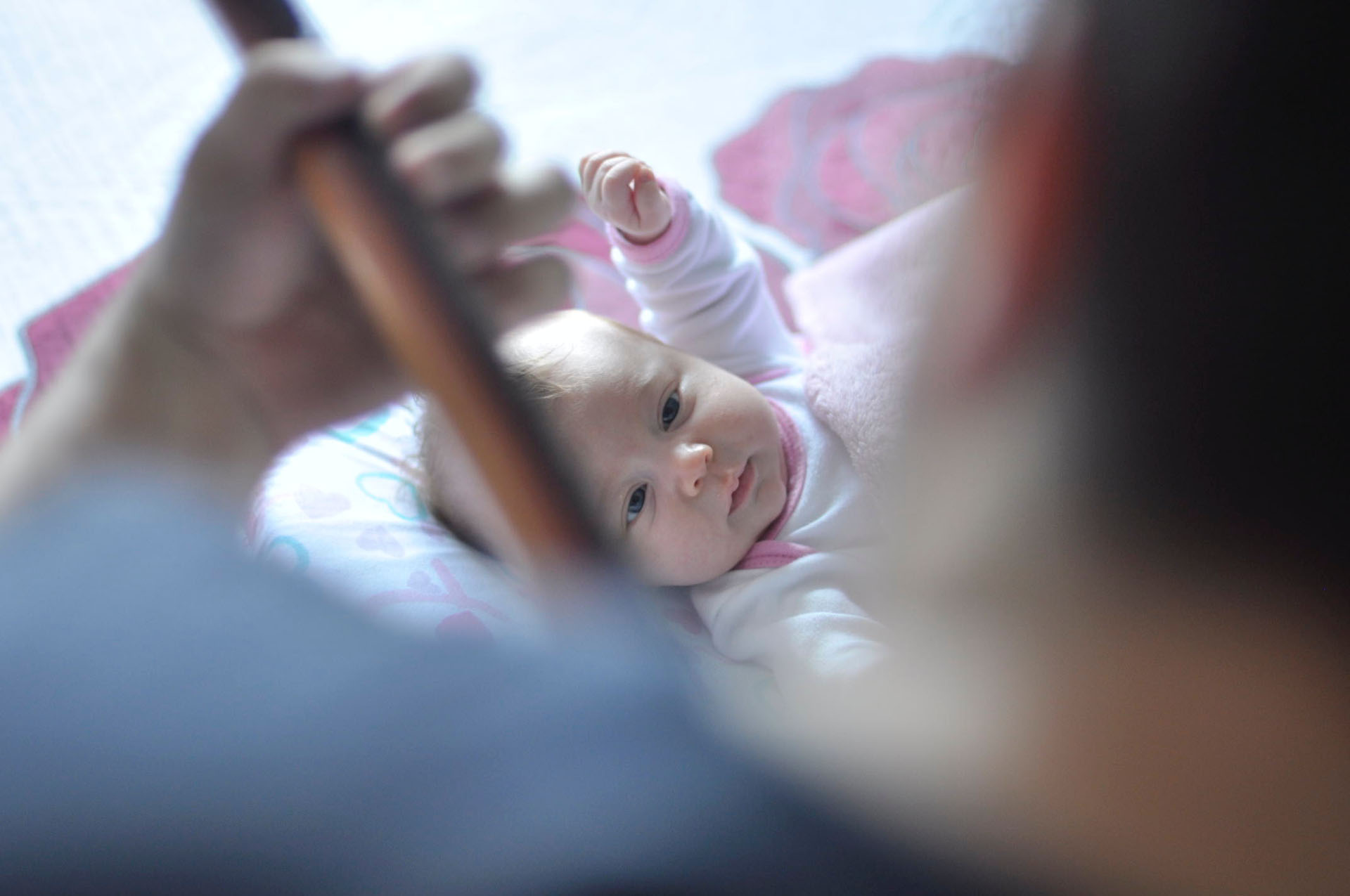Baby
4 min Read
The benefits of exposing your baby to music

April 25, 2019
Baby
4 min Read

April 25, 2019

Let’s not get ahead of ourselves. Your child is probably not the next big thing. But don’t turn off the karaoke machine just yet. A musical environment plays an important role in nurturing brain development, if not a future career.
In the early 1990s, a French researcher claimed that listening to Mozart promoted healing and brain development, and the so-called Mozart Effect was born. American researchers picked up the tune and found that listening to Mozart temporarily improved spatial reasoning in test subjects. The resulting study, published in Nature magazine, soon snowballed into a general misconception that listening to music makes you smarter, fuelling an industry of baby brain boosters along with it. Until recently, music lessons have only been linked to advanced brain organization in preschoolers and school-aged children. Now a study at McMaster University in Hamilton has shown a positive benefit of music lessons during baby’s first year. Six-month-old infants were randomly assigned to one of two groups: a structured music program consisting of songs, finger play and percussion instruments or a play program of baby activity stations (ball, book, blocks and art) during which Baby Einstein CDs were played. At 12 months, the babies from the first program displayed advanced brain responses. “Thus active music classes in infancy do affect musical acquisition and brain development,” writes study lead Laurel Trainor.
“In a perfect world everyone has music as a part of their life every day,” says Marilee Mansfield, mother of two in Almonte, Ont., who has been teaching music to babies and children for 17 years through Music for Young Children. Ideally, parents are interacting with their child with music, singing lullabyes, dancing and moving as people have done for millennia. But not everyone is comfortable singing solo outside of the shower, so a parent and baby class is a fun way to get some music into your life. Marilee notes the following benefits of weekly, structured music lessons:
Don’t worry. Music classes for parents and babies focus on the babies. But be prepared to sit on the floor. Most classes start out with a Hello song, says Marilee, followed by a series of songs that will be repeated, for the most part, from week to week. The songs will be short and catchy to hold baby’s attention and the repetition helps learning. Many classes are for babies up to age three. “This is a good age mix for children,” says Marilee. “The toddlers love making the babies laugh and the babies love responding to the older ones.” There will be an action song, a listening song that tells a story (such as “Old McDonald”), a quiet song and a good-bye song. “A 40- to 50-minute class is adequate length and stimulation for the six-month to three-year-old age group.”
Programs offered by established organizations such as Music for Young Children or music conservatories may cost more, but have high teacher standards as well as support and professional development for teachers. And if your child becomes the next YouTube sensation,give us a call.
Originally published in August 2010.